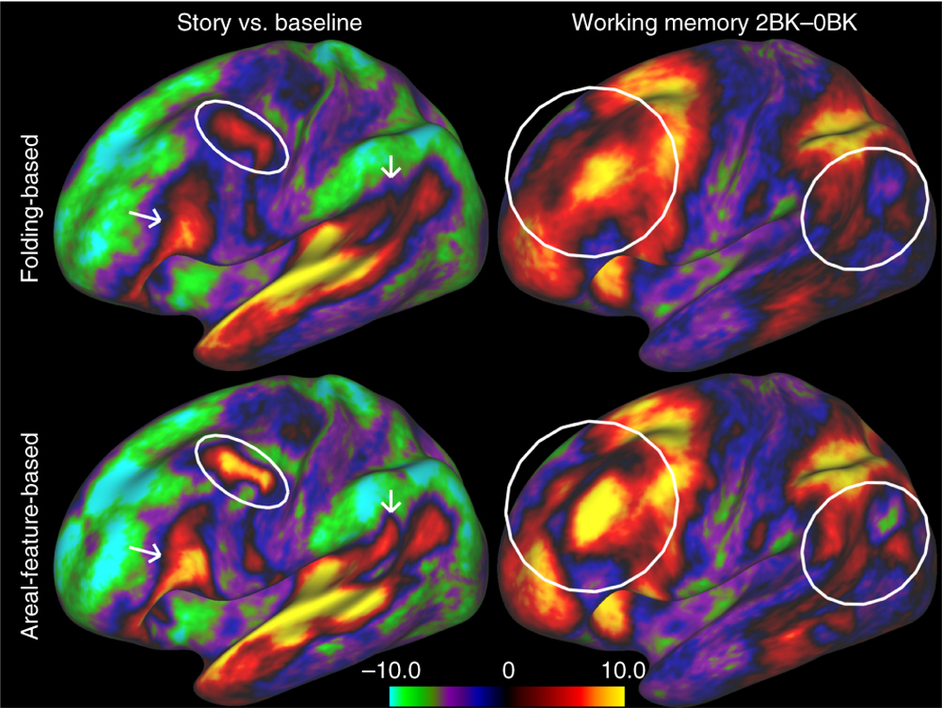- >>
- Healthy Adult Studies
- HCP Young Adult
- News
- Article
Nature Neuroscience: "The Human Connectome Project's neuroimaging approach"

Published today in Nature Neuroscience is a primer on the Human Connectome Project’s style of data collection, processing, analysis, and open-access distribution.
“The Human Connectome Project’s neuroimaging approach”
Nature Neuroscience 19, 1175–1187 doi:10.1038/nn.4361
The data for this study has been uploaded to the BALSA database as Connectome Workbench-compatible scene files for interactive viewing and comparison to other imaging data/analyses.
Authors: Matthew F Glasser, Stephen M Smith, Daniel S Marcus, Jesper L R Andersson, Edward J Auerbach, Timothy E J Behrens, Timothy S Coalson, Michael P Harms, Mark Jenkinson, Steen Moeller, Emma C Robinson, Stamatios N Sotiropoulos, Junqian Xu, Essa Yacoub, Kamil Ugurbil & David C Van Essen
Abstract: Noninvasive human neuroimaging has yielded many discoveries about the brain. Numerous methodological advances have also occurred, though inertia has slowed their adoption. This paper presents an integrated approach to data acquisition, analysis and sharing that builds upon recent advances, particularly from the Human Connectome Project (HCP). The ‘HCP-style’ paradigm has seven core tenets: (i) collect multimodal imaging data from many subjects; (ii) acquire data at high spatial and temporal resolution; (iii) preprocess data to minimize distortions, blurring and temporal artifacts; (iv) represent data using the natural geometry of cortical and subcortical structures; (v) accurately align corresponding brain areas across subjects and studies; (vi) analyze data using neurobiologically accurate brain parcellations; and (vii) share published data via user-friendly databases. We illustrate the HCP-style paradigm using existing HCP data sets and provide guidance for future research. Widespread adoption of this paradigm should accelerate progress in understanding the brain in health and disease.